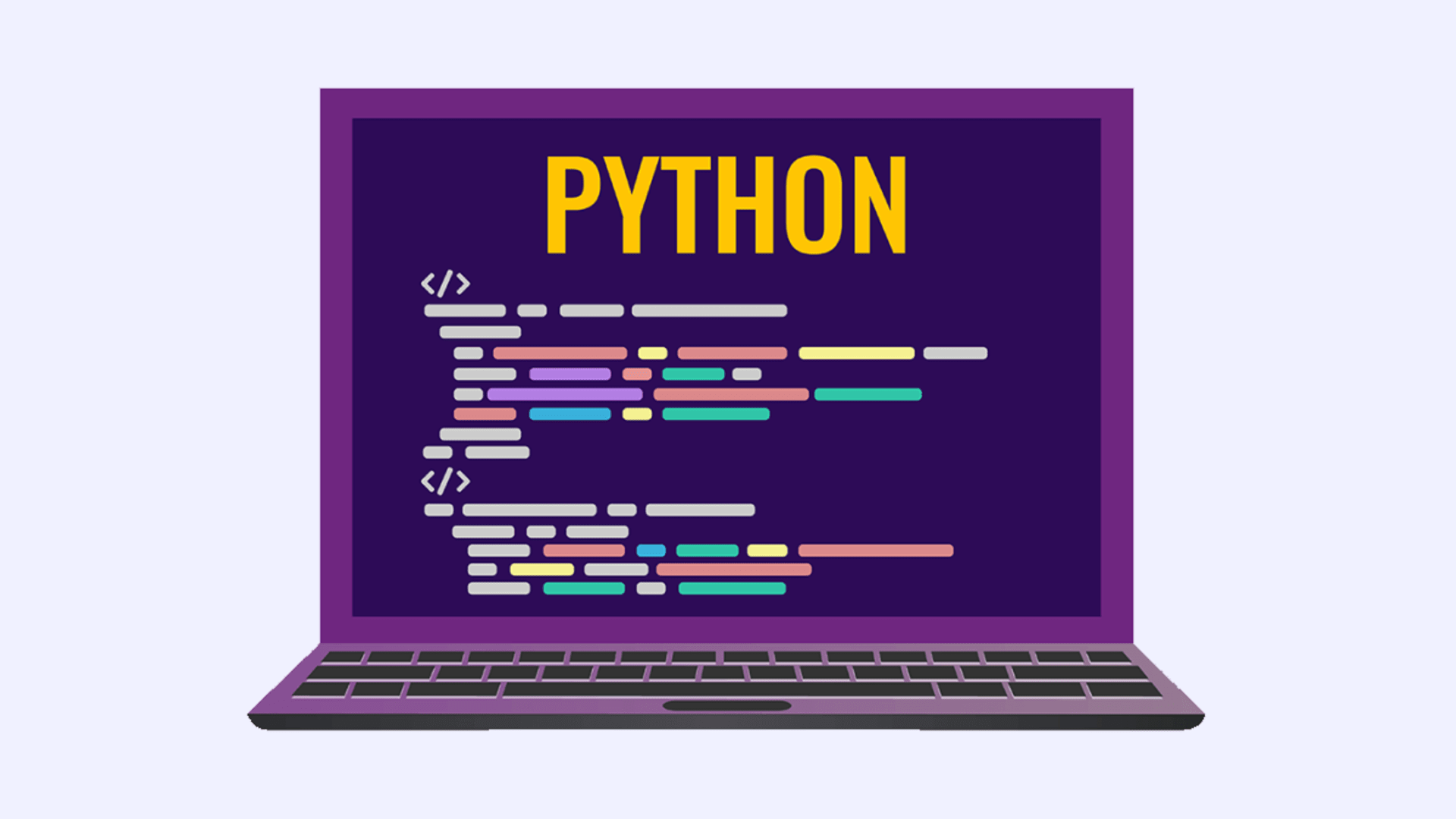With every passing year, sales and marketing becomes more and more challenging. Not only are there more companies vying for the attention of consumers and clients, but every business has adopted more powerful and efficient tools to make sales and promotion more effective. This is especially so as your business continues growing. Without adding a level of automation into your workflow, your company will fall behind. With the best sales automation tools of 2025 on your side, you’ll find your sales and marketing teams to be exponentially more effective and efficient.
Of course, when you think of automation, what probably comes to mind are robots, AI, and CI/CD. But those are only some of the types of automation available. In the right hands, automation can easily help to level the playing field for just about any type of business. Regardless what products or services you offer, automation will go a long way to enhance productivity and even the longevity of your employees.
Let’s take a look at some of the best sales automation services on the market.
What Is Sales Automation?
First, let’s define what sales automation is. Automating mundane, repetitive tasks — be it for project management, HR, and customer relationship management (CRM) — can take a lot of busy work out of the picture. But with regards to sales, the automation focuses on building a simple and profitable journey for your customers.
Consider the typical tasks your sales/marketing teams have to deal with. The workflow may look something like this:
Lead generation > Lead scoring/tracking/nurturing > sales emails/calls/management > sales forecasting/analysis/reporting
That might not seem like much, but when you’re working with tens of thousands of customers, that workflow can quickly become daunting and time-consuming. That’s where sales automation comes into play. Automation allows your sales and PR teams to automate certain tasks that they would have otherwise had to do manually, such as following up on emails (which can be generated automatically), sending invoice and payment reminders, and configuring marketing campaigns (which will automatically post to social feeds and send emails).
Many of these platforms allow you to create automations specific to your company or staff workflow, so you’re not just limited to a set of boilerplate automations. This makes it possible for you to automate any number of mundane tasks that are unique to how your teams manage sales and marketing.
Sales automation began with CRM tools. In the beginning these tools served as a one-stop shop for all customer relationship needs, but they were all manual. Over time (especially as AI took hold), those tools became more and more powerful until they were able to begin automating a lot of the repetitive tasks that can easily cause bottlenecks in your sales pipeline. This came about because the CRM platform developers saw a need to function more efficiently within a given workflow.
What Are the Main Benefits of a Sales Automation Platform or Tool?
Simply put, sales automation is crucial to larger businesses because without these tools, it becomes nearly impossible to keep up with the competition. When your sales staff gets bogged down with having to do everything manually, not only are they working less efficiently, but more mistakes can be made.
There are other benefits to using sales automation, such as:
- Increased productivity
- Time savings
- Accelerated sales
- Data consistency
- Vastly improved deal management
- Higher-quality leads generation and management
- Improved communication and collaboration among sales staff and customers
- Reminders to help staff keep on top of things
- Better control of workflows
- Brand consistency
- More efficient use of company resources
And given there are different types of sales automation tools, the sky’s the limit on what you can automate.
What Types of Sales Automation Tools Are Available?
Sales automation isn’t just about lead generation and follow-ups. You’ll also find sales automation tools that can help cover tasks/needs such as:
- CRM software
- Data prospecting
- Email finders
- Data enrichment & verification
- Sales engagement
- Sales calls
- Lead nurturing
- Sales intelligence
Each of the above types of tools offer some form of automation.
Things to Consider When Choosing the Best Tool for Sales Automation
When it comes to sales, every business has different needs. If you’re unsure of what you should consider, keep this short list in mind when you start examining the available options:
- Cost: Not every sales automation tool is created equal, and cost can be a huge factor in deciding what is right for your business. The most important thing to do when considering cost is to examine the cost against the features and scalability. You might find a platform that has an unbelievable offer, but once you dig deep into it, you might see that a number of the features you need are either missing or have an add-on cost. Make sure you know exactly what the price includes.
- Company size: If your company is just starting out, sales automation might not be necessary. But as you grow, it will become an absolute necessity. This is also associated with the number of customers/clients your sales team has to serve. If you’re working with tens of thousands of customers and/or clients, make sure the platform you’re looking at can serve that demand.
- Features: It should go without saying that you must choose a sales automation platform that offers all the features you need. Make sure, before beginning your hunt, that you know what features are must-haves and what optional features would help make things even easier.
- Integrations: You might already have a CMS, CRM, or collaboration tool (or a combination of them) that your company has been using for some time. If that’s the case, you’ll probably want to find a sales automation tool that can integrate with those platforms.
- API access: You might have built some of your tools in-house and need to be able to connect them to the sales automation tool you’ve chosen. If that’s the case, you might need access to the APIs for the new platform; otherwise, your developers might find it challenging to make things work as you expect.
Now that you have an understanding of what sales automation is (and what it can do for you and your teams), let’s take a look at some of the best sales automation tools on the market for 2025.
The 5 Best Sales Automation Software Available 2025
As you scan through this list of sales automation tools, keep in mind what your company and sales teams need to work most efficiently and effectively to grow and nurture those relationships with customers and clients.
#1 HubSpot
HubSpot offers end-to-end automation for much of the sales process. This powerful CRM tool can help create anything from simple automated workflows (such as changing the status of a deal as it moves through the pipeline) to very complex processes (such as auto-assigning leads to team members based on specific customer needs or attributes). If you’re looking for a platform that can practically automate your entire sales process, HubSpot might be the exact tool you need.
You’ll find web forms that are easy to create and use for auto-generating leads, automated lead scoring, and automated sales follow-ups. HubSpot offers a free trial, but once that trial expires, you’ll need to pony up for a paid plan, which breaks down like so:
- Starter: $45 for two users
- Professional: $450 (up to five users)
- Enterprise: $1,200 (up to 10 users)
Key Features // Product Highlights
- Full-blown CRM
- Live chat
- Meeting scheduler
- Website builder
- Business insights
- CRM-powered payments
- Sales tracking
- Task management
- Email integration
- Sales dialer
- Deal pipeline
- KDP software
- Forecasting
- Call recording
- Salesforce integration
- Automated lead rotation and follow-ups
HubSpot is an all-inclusive tool that can do wonders to help make your sales teams work with a much higher level of efficiency and reliability.
#2 Pipedrive
Pipedrive offers a sales-first focus with plenty of CRM automations for everything from lead generation to data record updating. With the help of the Smart Control tool, team members have access to automatically compiled contact data and insights gleaned from various online profiles. With this automated tool, your sales team doesn’t have to struggle through the manual task of digging up information and insights on customers and clients. That tool alone can save your staff considerable time. For this, Pipedrive implements artificial intelligence to do the heavy lifting and will even provide suggestions as to how automation can help improve your workflow.
Pipedrive has a free trial, but once that expires, the three different price plans look like this:
- Essential: $14.90/month/user
- Advanced: $24.90/month/user
- Professional: $49.90/month/user
- Enterprise: $99/month/user
Key Features // Product Highlights
- Automated task management and email sending
- Automated contact enrichment
- Numerous integrations
- Lead generation
- Web tracking
- Documents and templates
- Full customization
- Insights and reports
- Processes, pipelines, and activities
- Email builder and analytics
- Email segmentation
- Email marketing automation
With Pipedrive, you can create an automated workflow to fit nearly any sales team or company need.
#3 Agile CRM
Agile CRM makes it easy to automate a number of your sales workflows. However, the most powerful automation to be found in Agile CRM is for telephone calls. If your sales teams spend a lot of time doing cold calls, this sales automation tool might be your best option. With features like automatically moving voicemails to CRM leads, logging call notes, creating tasks from calls, scheduling meetings, and follow-ups, Agile CRM takes those cold calls to the next level. Other automations found in Agile CRM include lead scoring, campaign deployment, data management, and chatbots to use for customer support.
The pricing of Agile CRM looks like this:
- Free for 10 users but with limited features
- Starter: $8.99/month/user
- Regular: $29.99/month/user
- Enterprise: $47.99/month/user
Key Features // Product Highlights
- 360-degree contact view
- Contact management
- Calendar
- Documents
- Deals
- Integrations
- Lead scoring
- Appointment scheduling
- Gamification
- Project management
- Lead prospector
- CRM reporting
- eDocs and proposals
- Document signing
- Email finder
Agile CRM is a great platform for both medium and large businesses.
#4 Freshsales
Freshsales offers tons of sales automations that include customer profile enrichment, lead scoring, sales email sequencing, invoice updating, and opportunity auto-assigning. Keep in mind, however, that Freshsales focuses primarily on the sales pipeline, so if you’re looking for something that includes a wider range of features, you might find the cost of adding those extras to the platform can be prohibitive. However, if your focus is on the sales pipeline, there’s almost nothing you cannot automate with Freshsales.
With Freshsales, your sales teams will gain automated insights on how best to decide on moving forward with a deal and whether it’s viable enough to commit to.
Freshsales offers three different price plans:
- Growth: $15/user/month
- Pro: $39/user/month
- Enterprise: $69/user/month
Key Features // Product Highlights
- Contact management
- Cloud-based telephony
- CPQ (Configure, Price, Quote) — an add-on with an associated cost
- Deal management
- Email integration
- Freddy AI
- Mobile apps
- Sales reports
It’s important to also note that there’s an additional cost of $75 for 1,000 bot sessions (per month) for automated leads and customer support.
#5 Overloop
Overloop is a CRM/sales automation tool built specifically for business-to-business sales. This platform offers plenty of must-have features and seamlessly integrates with LinkedIn, so users can create CRM records from online profiles. This multi-channel outbound platform can help your teams meet and exceed their sales goals with a combination of cold emails and the LinkedIn automation.
Overloop simplifies the processes of list building, customer engagement, pipeline management, and data analysis. Just remember, if you’re looking for a platform to handle business-to-consumer/customer pipelines, Overloop is not for you.
Overloop does offer a free trial, but once that is up, you’ll have to sign up for a plan, which can be either the $99/user/month or a customized plan to fit your business.
Key Features // Product Highlights
- Email finder
- Chrome extension
- LinkedIn import
- CSV import
- Custom fields
- Contact management
- Multi-channel campaigns
- Cold emails
- Templates and variables
- Email threads and tracking
- Deals and pipelines
- Workflows
- Task management
- Collaboration
- Integrations
Conclusion
When considering which sales automation tool is the best fit for your company, it’s important to keep in mind the sales automation best practices that you’ve either developed or intend to apply to the platform you select. You’ll most likely find that each one of the above tools can easily fit into your pipeline to help your sales teams be more efficient and reliable. Just make sure the tool you choose covers every base you need, and you’ll find your business is better capable of growing with demand and keeping up with the competition.







